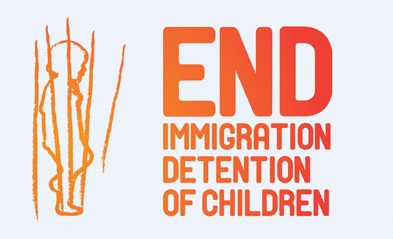
Five years ago, the Global Campaign to End Child Immigration Detention was launched by the International Detention Coalition. The IBCR is a proud supporter of this campaign and is pleased to know that the Global Campaign will launch a new initiative, in March 2018, to assess state progress towards the protection of childhood and children. François Crépeau, a board member of the IBCR’s Executive Board takes part in this project as a consultant on Canada’s Country Committee.
The international community is clear that immigration detention is a child rights violation. The Campaign Scorecard Project is a method to coordinate globally in order to assess the current situation on child detention, to map the pathway for States and to coordinate the push at the national and global level to make change a reality.
The 23 countries participating in this project will each have a Scorecard. It provides a standard scoring framework to assess each country’s laws, policies, procedures, international obligations as well as implementation in relation to ending the detention of children.
Each country participating in this project has a Country Committee to determine their country’s score, provide data and assist in developing recommendations. Canada’s Country Committee is represented by experts at the University of Toronto, the University of Ottawa, McGill University and François Crépeau, consultant and board member of the IBCR’s Executive Board. Collectively, the organisations will designate the score allocation for their country, as well as provide justifications for each score with supporting evidence and references.
The Global Campaign has established a Scorecard Team to support the implementation of this project and work closely with Country Committees.
After their release on a coordinated date in March, theses Scorecards will be accompanied by tailored recommendations on how each country can improve their scores. Country Committees will design a strategy to use the Scorecards and support advocacy in the national context. They have also committed to coordinate governement engagement. The Global Campaign will support this national strategy through engagement with permanent missions and regional mechanisms.





